Chances are, your organization purchased its learning management system (LMS) for internal use. If so, your return on investment (ROI) might currently be best demonstrated by indirect measures such as increased employee retention and the attainment of learning goals or objectives. All of this will lead to improved performance on the job, but it’s not always a simple task to draw a straight line from the dollars spent training your employees to the dollars in revenue they’ll bring back to your organization.
If you’re looking to recoup on your training investment, or even monetize your training as an additional revenue stream, customer training and education can be a high-yield endeavor.
What is customer training?
As the name implies, customer training (also known as customer education) is the act of training your customers to realize the full value of your products or services, so that they may in turn meet their goals. The end result is higher customer satisfaction and retention, as well as customers who maximize the true potential of what your products or services can do for them.
Common forms of customer training include both synchronous and asynchronous delivery methods such as webinars, videos, eLearning courses, certifications, and documentation like knowledge bases. If your organization is already creating these materials to educate your employees, chances are likely that these assets can be leveraged (either as-is, or with some modifications) to be used to train your customers as well.
What are the benefits of customer training?
The ultimate goal is to deliver a superior customer experience, resulting in a more positive customer relationship demonstrated by higher retention, engagement, and revenue. Your customers will see the value in the training you’ve provided them when their revenue likewise increases!
Additional benefits of customer training include:
- Opportunities to upsell: Informed customers realize the value of your products and services, making it easier for your organization’s salespeople to close renewal deals and even add on additional products and services to expand your portfolios with educated customers.
- Reduction in customer support efforts: By producing effective customer training one time, you can reduce an infinite number of calls, emails, and chat messages that your customer service agents would have otherwise received. Informed customers may either recall the answer from their training, or know how to access training modules and content such as wikis and knowledge bases where they can self-serve to find their answers without having to reach out to a live customer service agent. Not only does this save both your agents’ and your customers’ time, your customers may in fact prefer this self-service model.
- Customers becoming brand advocates: Informed customers are happy customers. The more positive experience you give them, the more likely they are to promote your products and services to others. Whether on an individual level (such as employees recommending your company to their peers in other organizations) or through a more formal referral or public testimonial, informed customers serving on their own volition as brand advocates can be one of your most powerful marketing resources.
How can I create customer training?
First, determine what your customers’ needs are. Take a similar approach to how you design any training content, and begin with conducting a needs analysis. Once you understand what your customers want to know, what their common questions, challenges, and obstacles are, and what training formats they would respond to most favorably (such as video, eLearning, or live training), you’re ready to start thinking about the content of your customer training program.
Next, examine the training assets and programs you already have in place to train your own employees. You’ll save development time and effort if you’re able to leverage pre-existing materials, rather than creating entirely new content from scratch.
Finally, by enabling customers to access content in your LMS, you’ll recoup some of the initial investment you spent in obtaining this service for your own uses. An LMS like the Rockstar Learning Platform allows you to host diverse content such as courses, videos, podcasts, and more, and encourages social learning through features like forums in one central location. An LMS serves as more than just a repository for content; it’s the learning engagement hub where all activity, conversations, and reporting around learning take place.
Final Thoughts
Customer education might just be your organization’s next untapped revenue stream. With a few modifications to the content you already use to train your employees, you can quickly and easily empower your customers with the knowledge they need to advance how they use your products and services, reduce the time they spend engaging with your customer support, and even transform your customers into powerful brand advocates who do your marketing work for you.
Knowledge is power, and with an effective and engaging customer education program in place, knowledge corresponds to successful operations for both you and for your customers alike.








